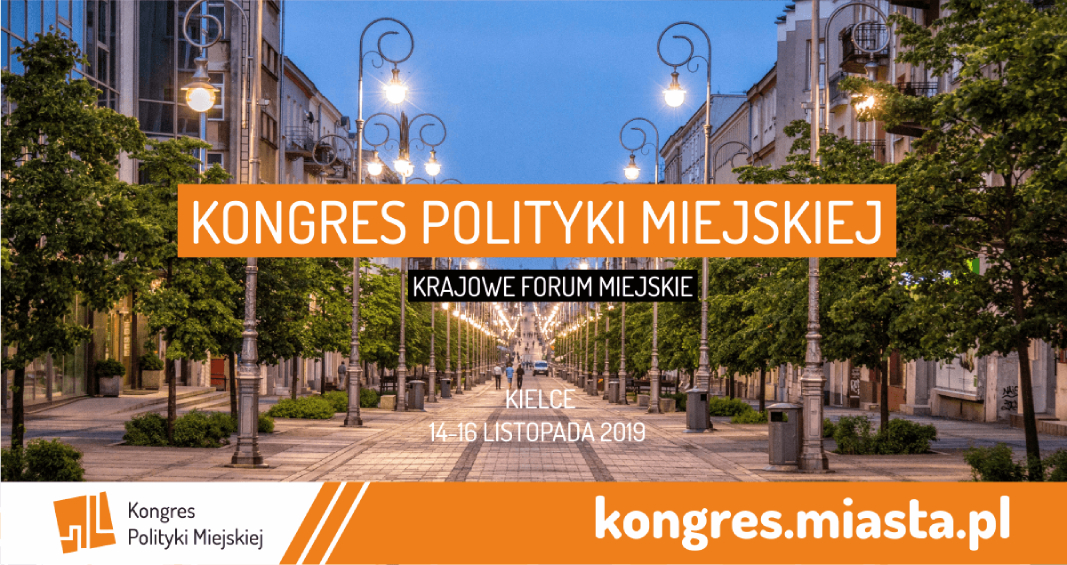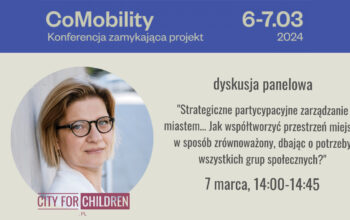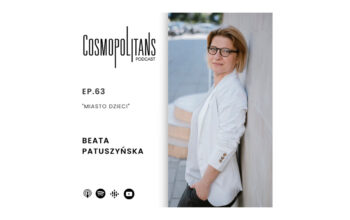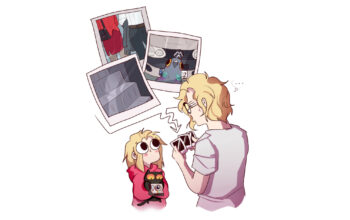When is a city going to fit me?
A speech during „City for everybody” session at Congress of Urban Policy, 2019
I must confess I was not sure how to approach the topic of children and a city – if I should talk of the exclusion or the need to include. I have recently read in Gazeta Prawna daily that if you treat the Polish law literally, then a parent should get a fine for taking a child younger than 7 out to the street. Simultaneously I am a mother and I can see how positive is to have children around, how much their perception of things brings into my world and how much their need to play and learn is like mine. That is why I want to talk of possibilities, although some limitations will appear in my story.
Children are naturally smaller and weaker than we, grown-ups. During Placemaking Week Europe in Valencia I participated in a workshop of Dutch foundation of Bernard van Leer. We went out to streets with 95 cm long sticks with masks on the top. I had a giraffe. We were supposed to lower down for a minute to look through the mask and sense a city from that perspective. I experienced then, what I had known so far from my daughter’s stories. I realised how bad car exhausts smelled, how dirty streets were and how scary grown-up people might look.
Have you noticed that children do not perceive a city as a net of streets, but as a map of senses? For my daughter city is a story – it’s a map of events, people and sounds. Have you noticed how big problem grown-ups are? A child can learn infrastructure and associated dangers, still in a clash with a grown-up person children have no chance. We are able to push through on a bicycle path to start first on green light, block exit from the tram or, walking in mass from the opposite direction, not allow kids to cross the street.
Time goes and my daughter still does not like to go to school on her own. A reason? She is bored. Her head works all the time and she would like the surrounding to offer her interesting stimuli. So I give her tasks, for example counting blue jackets on the tram. As a result I recently got a message ‘15’ instead of the usual ‘arrived’ when she got to school.
Of course this will change when she grows up. Still, we should not treat childhood as a mild illness, which will self-resolve. We all need to play – and children are the best experts. We need to ask them, give them the right to decide about themselves and their space, because it will be with advantage to us as well. Today we can learn from them how to play and create more friendly space also for us, grown-up people. Tomorrow we will get a society, which will be able to decide independently for itself. Let’s ask children! Maybe then we will start noticing them in the urban space.
Kielce, November 2019




